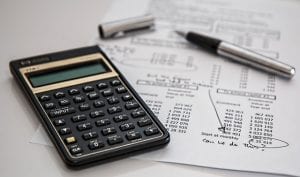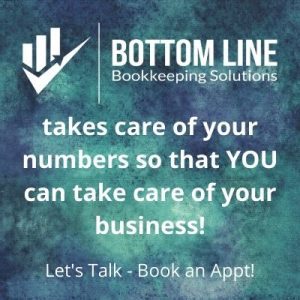 Owning your own business is exciting. At times, it can also seem a little intimidating. Even if you’re a seasoned professional at the top of their game, there’s still a lot you’ll have to learn when you’re running a business. For example, business accounting is often an area that’s a source of confusion for many business owners. Business accounting is filled with concepts and terminology that may be unfamiliar to many. One of the most basic accounting concepts is also the most important: it’s the difference between “assets” and “liabilities.” As your business grows and matures, it will become increasingly important to be able to understand the inner financial workings of your company, including your company’s assets and liabilities.
Owning your own business is exciting. At times, it can also seem a little intimidating. Even if you’re a seasoned professional at the top of their game, there’s still a lot you’ll have to learn when you’re running a business. For example, business accounting is often an area that’s a source of confusion for many business owners. Business accounting is filled with concepts and terminology that may be unfamiliar to many. One of the most basic accounting concepts is also the most important: it’s the difference between “assets” and “liabilities.” As your business grows and matures, it will become increasingly important to be able to understand the inner financial workings of your company, including your company’s assets and liabilities.
What is an “Asset?”
In an accounting context, an asset is something your company owns that has a future economic value which can be measured in dollars. That might sound complicated or convoluted but looking at some examples makes it much easier to understand. Business assets include things like any cash you have in your business bank and checking accounts, equipment or vehicles you use in your business, and any property owned by the business.
Assets also include intangible things like your accounts receivable, any copyrights, trademarks and domain names you own, your customer database, and any valuable contracts you have with third parties.
Having a complete list of your business assets (and accurate values for those assets) is important for many reasons, not the least of which is being able to depreciate them. Depreciation is an accounting concept which lets you reduce your tax bill each year by virtue of the fact that some of your assets become less valuable as time goes on.
What is a “Liability?”
An accounting liability is a financial debt or obligation that your company has which arises during the normal course of business. These might include business loans your company took out to buy equipment or inventory, outstanding invoices to vendors or suppliers, and any other business expenses your company has incurred but not yet paid off.
Here’s an easy-to-understand example from the world of personal finance, in the context of a homeowner with an outstanding mortgage. The home is an asset, and the mortgage is a liability. The difference between the value of the home and the amount of the outstanding mortgage is the homeowner’s equity. In the same way, the difference in value between a business’ aggregate assets and aggregate liabilities is the equity the owner has in the business.
Even as your business grows, and you use professional accountants to help you manage your finances, it’s important to have at least a basic understanding of accounting concepts.
Did you know that I have an accounting degree? I love and live by the numbers. If you are struggling to understand yours, let’s have a conversation. Click here to find a time on my calendar!





